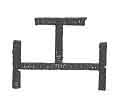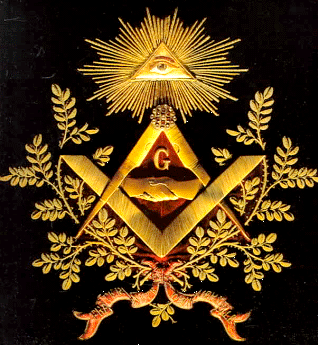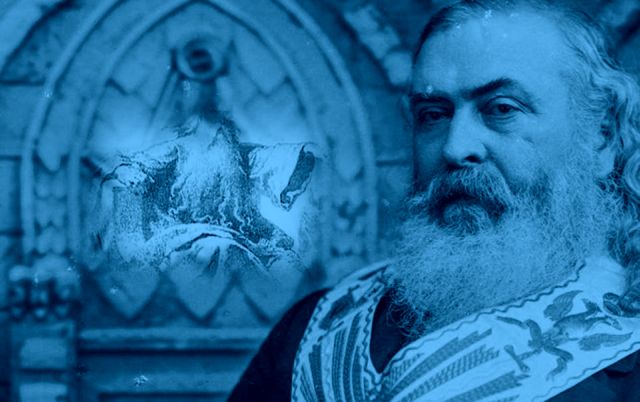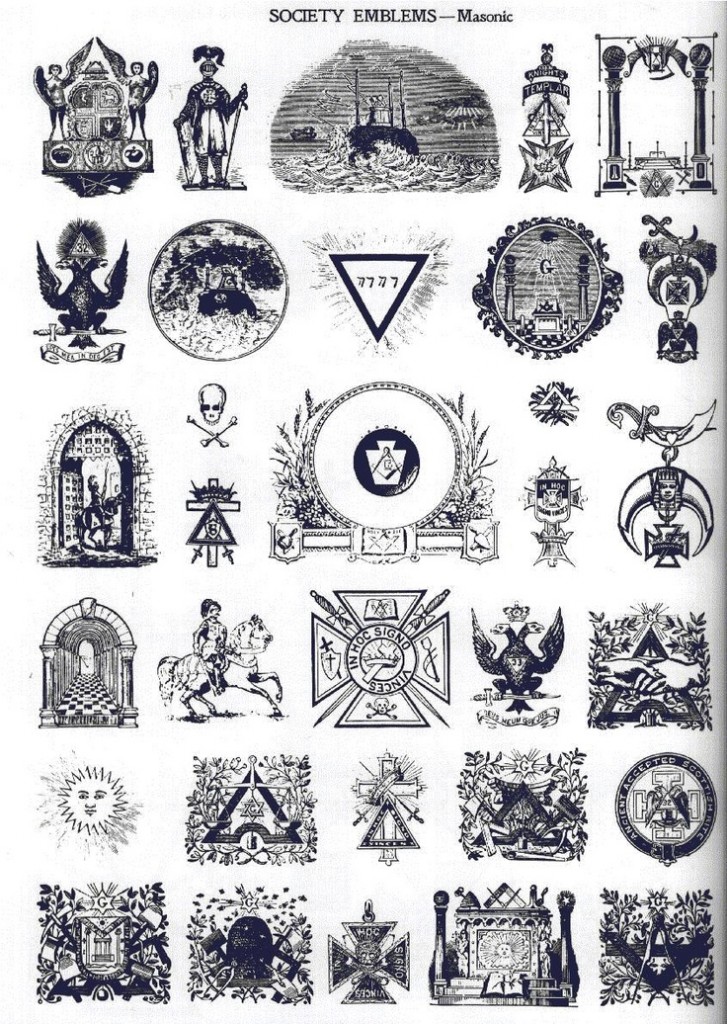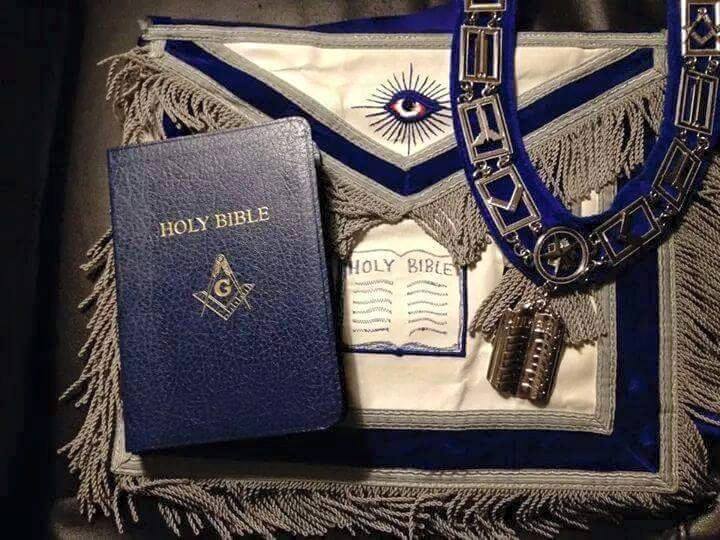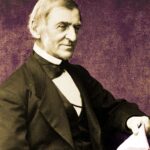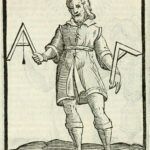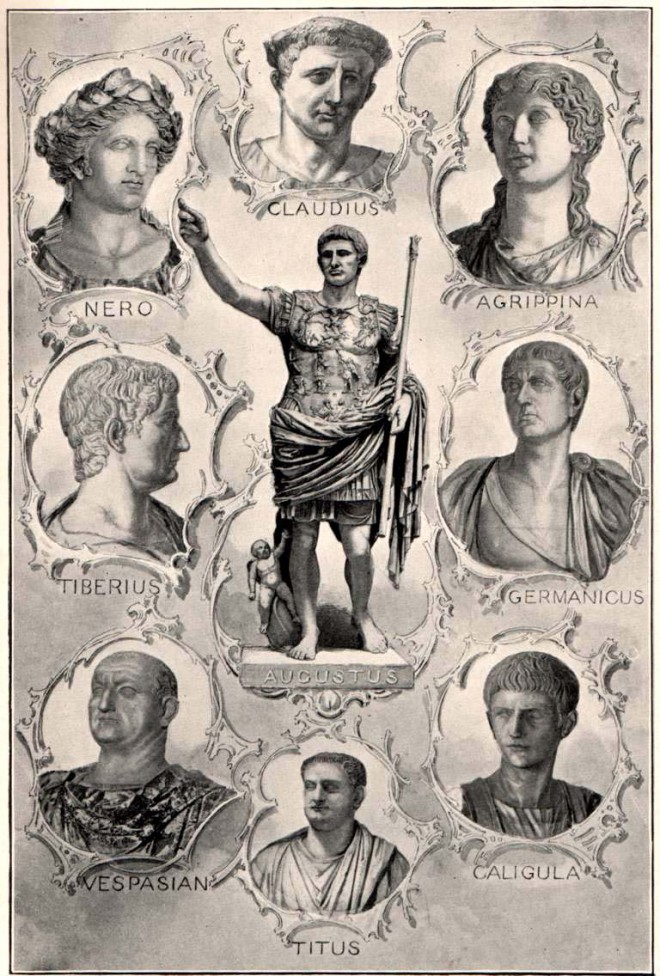The cycle is moving down, and, as it descends, the physical and bestial nature of man develops more and more at the expense of the Spiritual Self. With what disgust may we not turn from this religious farce called modern Christianity, to the noble faiths of old!
Page 367
In the Egyptian Funeral Ritual found among the hymns of the Book of the Dead, and which is termed by Bunsen “that precious and mysterious book,” we read an address of the deceased, in the character of Horus, detailing all that he has done for his father Osiris. Among other things the deity says:
“30. I have given thee thy Spirit.
31. I have given thee thy Soul.
32. I have given thee thy force (body),” etc.
In another place the entity, addressed as “Father” by the disembodied soul, is shown to mean the “spirit” of man; for the verse says: “I have made my soul come and speak with his Father,” its Spirit.
The Egyptians regarded their Ritual as essentially a Divine inspiration; in short, as modern Hindus do the Vedas, and modern Jews their Mosaic books. Bunsen and Lepsius show that the term Hermetic means inspired; for it is Thoth, the Deity itself, that speaks and reveals to his elect among men the will of God and the arcana of divine things. Portions of them are expressly stated “to have been written by the very finger of Thoth himself”; to have been the work and composition of the great God.”At a later period their Hermetic character is still more distinctly recognized, and on a coffin of the 26th Dynasty, Horus announces to the deceased that Thoth himself has brought him the books of his divine words, or Hermetic writings.”
Since we are aware that Moses was an Egyptian priest, or at least that he was learned in all their wisdom, we need not be astonished that he should write in Deuteronomy (ix. 10). “And the Lord delivered unto me two tables of stones written with the finger of GOD”; or to find in Exodus xxxi., “And he (the Lord) gave unto Moses . . . two tables of testimony, tables of stone, written with the finger of God.”
In the Egyptian notions, as in those of all other faiths founded on philosophy, man was not merely, as with the Christians, a union of soul and body; he was a trinity when spirit was added to it. Besides, that doctrine made him consist of kha — body; khaba — astral form, or shadow; ka — animal soul or life-principle; ba — the higher soul; and akh — terrestrial intelligence. They had also a sixth principle named Sah — or mummy; but the functions of this one commenced only after the death of the body. After due purification, during which the soul, separated from its body, continued to revisit the latter in its mummified condition,
Page 368
this astral soul “became a God,” for it was finally absorbed into “the Soul of the world.” It became transformed into one of the creative deities, “the god of Phtah,” the Demiurgos, a generic name for the creators of the world, rendered in the Bible as the Elohim. In the Ritual the good or purified soul, “in conjunction with its higher or uncreated spirit, is more or less the victim of the dark influence of the dragon Apophis. If it has attained the final knowledge of the heavenly and the infernal mysteries — the gnosis, i.e., complete reunion with the spirit, it will triumph over its enemies; if not the soul could not escape its second death. It is ‘the lake that burneth with fire and brimstone’ (elements), into which those that are cast undergo a ‘second death’ ” (Apocalypse). This death is the gradual dissolution of the astral form into its primal elements, alluded to several times already in the course of this work. But this awful fate can be avoided by the knowledge of the “Mysterious Name” — the “Word,”say the kabalists.
And what then was the penalty attached to the neglect of it? When man leads a naturally pure, virtuous life, there is none whatever; except delay in the world of spirits, until he finds himself sufficiently purified to receive it from his Spiritual “Lord,” one of the mighty Host. But if otherwise, the “soul,” as a half animal principle, becomes paralyzed, and grows unconscious of its subjective half — the Lord — and in proportion to the sensuous development of the brain and nerves, sooner or later, it finally loses sight of its divine mission on earth. Like the Vourdalak, or Vampire, of the Servian tale, the brain feeds and lives and the institution of the Mysteries down to the present age, has been either a knave or a fool, for believing in the efficacy of this name.

Moe is the founder of GnosticWarrior.com. He is a father, husband, author, martial arts black belt, and an expert in Gnosticism, the occult, and esotericism.

